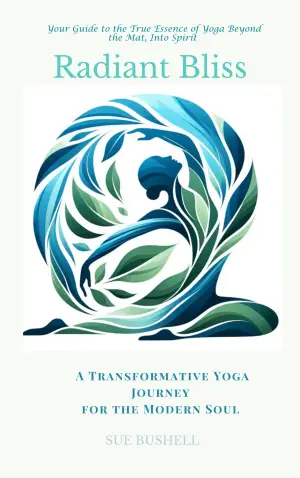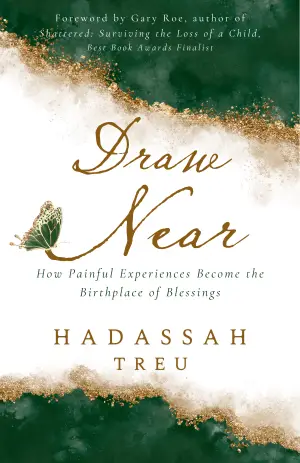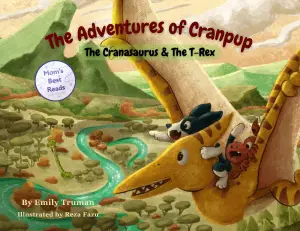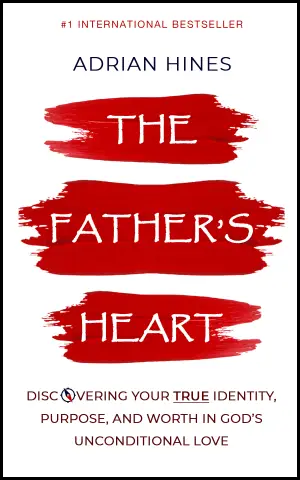Unpacking the Self: A Journey Through "The Psychologist’s Book Of Self-Tests"
As someone who’s always had an insatiable curiosity about what makes us tick, the title The Psychologist’s Book Of Self-Tests by Louis Janda couldn’t help but capture my attention. A collection of tests that delve into the labyrinth of our minds and hearts? Sign me up! I believe we all share those moments when we wonder: "How well do I really know myself?" and "What do my traits say about my relationships and ambitions?" This book promised to tackle those questions, so it immediately found a place on my reading list.
The book features 25 self-assessments that cover various facets of our existence—intelligence, ambition, self-esteem, relationships, and, of course, sexuality. Unlike conventional self-help tomes filled with lengthy narratives, Janda jumps right into the tests, which are arranged into sections like "Getting Ahead" and "Getting it Together." Each test is succinct, designed for self-scoring, with a brief explanation to contextualize the results.
What stood out to me was the variety—some tests felt genuinely revealing while others were somewhat predictable. For instance, the “Assertive Job-Hunting Survey” was cleverly crafted to help you assess your approach to job searches, turning the experience into actionable insights. However, there were moments where I found myself thinking, “Well, I already knew that about myself.”
Janda’s style is engaging, and I appreciated his straightforward approach. If I had any critique, it would be the lack of depth in the results interpretations. After diligently filling out various assessments, I yearned for more thorough insights into what my scores truly suggested about my psyche and behavior. A little more guidance could transform a simple score into a meaningful step toward self-improvement.
Throughout my experience with Janda’s tests, I couldn’t help but reflect on a memorable quote from a reviewer who noted, “If you love tests, this might be fun!” That sentiment reflects the essence of this book: it’s a playground for those intrigued by psychological exploration. But for someone just beginning their journey into self-discovery, the book may feel a bit thin on substance—like finishing a puzzle and still being left with a few unanswered questions.
In conclusion, The Psychologist’s Book Of Self-Tests offers a delightful mix of introspection and practical exercises. I’d recommend it to anyone with an existing interest in psychology or self-improvement, especially those who enjoy a touch of self-analysis. However, if you’re venturing into this realm for the first time, you might want to couple it with further reading or discussions to get the most out of your results. Personally, it was a thought-provoking experience; it nudged me to reflect, and I emerged with a renewed sense of curiosity about my behavioral patterns.
So, whether you’re a seasoned self-test taker or just dipping your toes into psychological waters, this book could be the perfect conversation starter—with yourself, and perhaps with friends eager to explore the hidden layers of their own personalities.

















